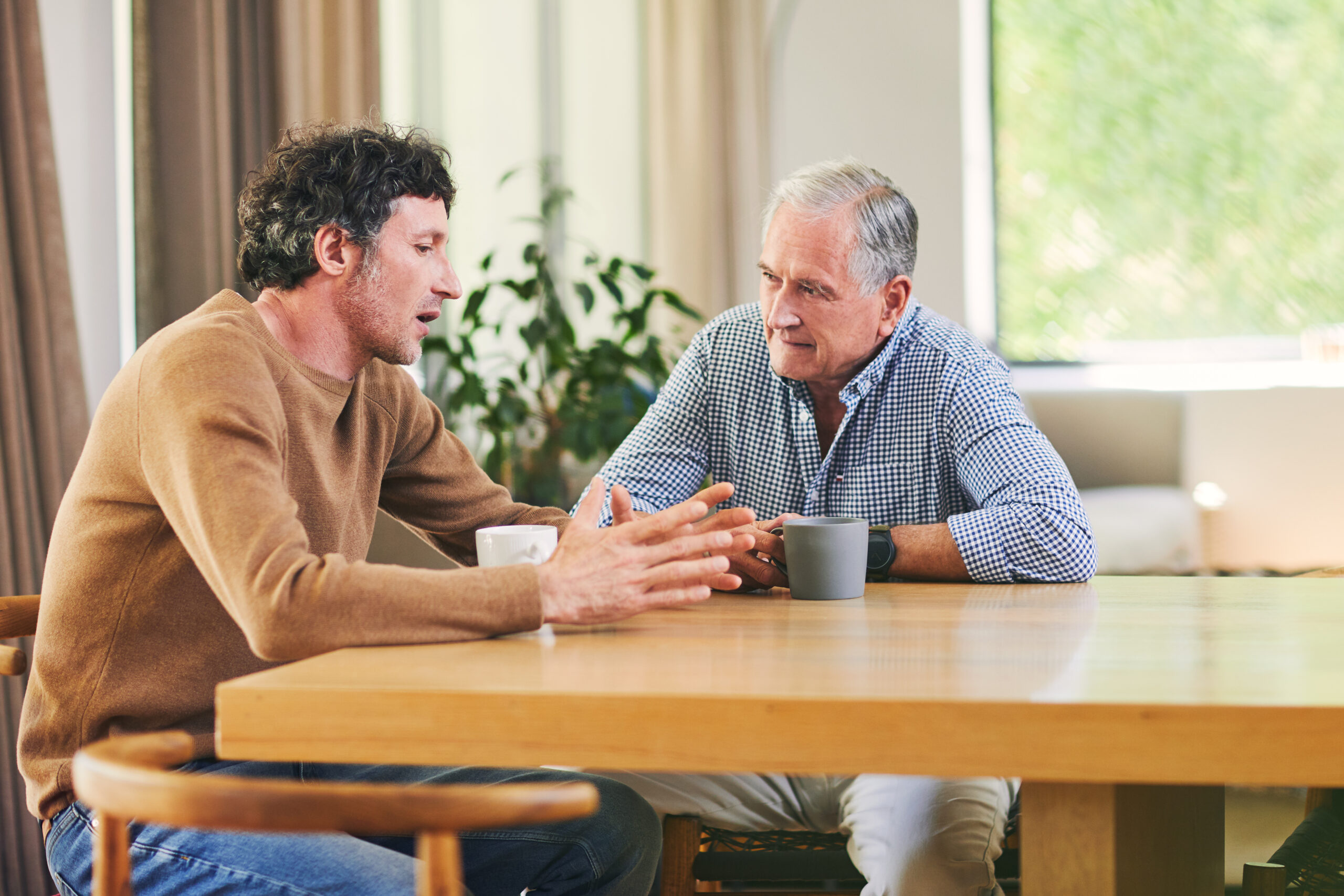
Emergencies happen every day in the UK and across the world. They can be caused by severe weather or other natural hazards, by deliberate actions, or as a result of accidents or infrastructure failure. They can be events that happen quickly and are over in a few hours, or they can develop and continue over the course of several days, months, or sometimes even longer.
Below are a few simple and effective steps that you should consider taking to prepare for emergencies and the disruption they cause.
Many of these activities can be helpful across a range of different types of emergency. You might not be able to undertake all of these. There are lots of suggestions here that won’t cost anything and just take a few minutes to do.
Call 999 if you or someone else is in immediate danger
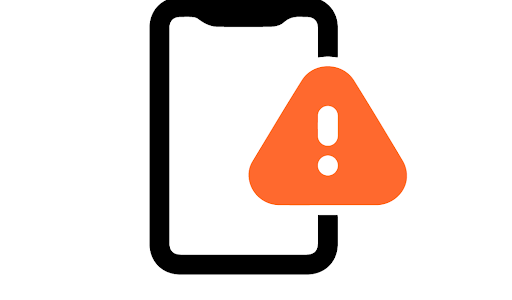
Be Informed
- Find out more about risks in your local area including checking your flood risk for areas in England, Wales, Scotland and Northern Ireland.
- Look at some of the specific pages on this site such as flooding and power cuts – find out what you can do before an emergency and what you should do if one happens.
- Sign up for alerts and warnings.
- Learn some basic first aid skills. Check online to find free workshops or ask if your employer will pay for a course.
- Check if your workplace, or place that you volunteer, has a plan for what you should do if you cannot contact them during an emergency, for example in a power cut.
Find out if you are eligible to sign up to a Priority Services Register (PSR)
Visit thepsr.co.uk to find out if you are eligible to sign up to your gas, energy or water providers’ Priority Service Registers – by signing up to the register, you can let your supplier know that you need additional support, including when there is an interruption to your supply.
You need to contact your supplier to be put on their register or to update your details. Use the search tools provided by Ofgem to find your gas and electricity provider or find your supplier’s contact details on a recent energy bill – log in to your online account if you don’t get paper bills.
This service is available to customers in England, Scotland and Wales – if you are in Northern Ireland these are called Customer Care Registers.
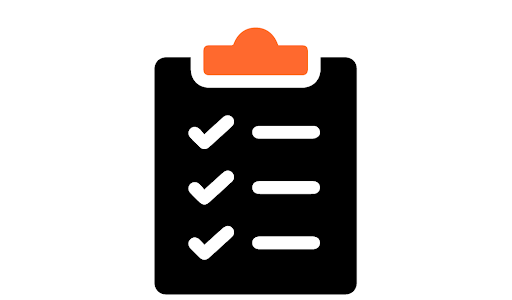
Make a plan
- Work out the best escape route from your home if there is a fire or what you should do if your home floods – if you live with others, discuss this with them.
- Decide on a meeting point for situations where you might not be able to return home – this could be a community hub if you have one nearby.
- Write down important phone numbers on paper and store them somewhere easy to find in a power cut. Include the phone number to report a power cut (105 in England, Scotland and Wales and 03457 643643 in Northern Ireland), phone numbers of anyone you would want to contact in an emergency, a list of your regular medication, frequencies of any local and national radio stations that you use for news updates, and insurance policy details and contact numbers.
- Use our downloadable and printable household emergency plan to record this information in one document. You could keep this with other important documents such as passports, birth certificates and insurance policies so it’s easier to gather them quickly if you are asked to evacuate your house.
- Add emergency contacts or medical information to your mobile phone (often called ‘ICE’ or ‘Medical ID’ on smartphones) so that emergency services can access this information without having to unlock your phone with a passcode – consider the sensitivity of the information you are including (anyone could see it who has access to your mobile phone) and let the person you’ve selected as your emergency contact know.
- Talk to children about what to do in an emergency, including how and when to call the emergency services – the Staywise website includes information and resources on emergencies aimed at children. You can also help them to learn their home address and if possible, a parent/guardian’s mobile phone number – practise these regularly.
- Check your child’s school (or other childcare provider) has the correct contact numbers for you in case they need to contact you during an emergency. Your child’s school should have plans and procedures in place to deal with different types of emergency, for example for severe weather, loss of utilities and fire.
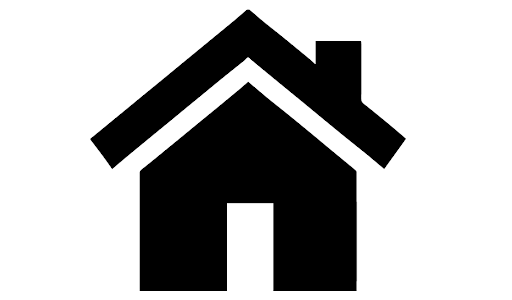
Prepare your home
- Complete an online home fire safety check to help keep you and your home safe from fire.
- Set a reminder in your phone or make a note on your calendar to check your smoke alarms at least once a month – find out more about fire prevention and fire safety from Fire England.
- Know how to turn off your gas, electricity and water – you’ll need to turn these off if you have to leave your home due to flooding or for other reasons such as if there’s a leak.
- Check the right insurance is in place for your home (or business), for example, flood insurance.
- If you live in a flood risk area, find out more actions you can take to prepare your property.
- Have a look at the hot weather, cold weather and storms pages for more advice on how you can prepare your property.

Talk to others
- Talk about the advice on this website and pass on information about the support available – help your friends, family, neighbours and colleagues to undertake the simple actions on this website, if they can.
- Swap contact details with neighbours and consider creating an instant messaging group or other closed online social network for your street or building – these can be an important source of information and support during an emergency.
- Ask your neighbours if they might have additional support needs during an emergency – they may have additional medical needs, be new to the area, be digitally excluded, or not speak or read English well. Talk to them about the help available and how you can support them.
- Make a plan to check in on neighbours if an emergency happens, particularly if the power goes out.
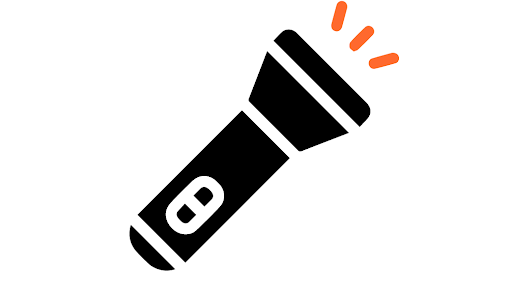
Get emergency supplies
- Consider what supplies you and your household might need during an emergency lasting a few days, such as a power cut or water outage, or situations where you are advised to stay at home or to leave your home (evacuate) for safety reasons.
- It can be helpful to keep these items in one place in your home and ideally somewhere easy to find if the lights aren’t working – if you are escaping your house due to a fire you should not take anything with you at all. You could consider keeping items you might need to take with you if asked to leave your home quickly in a spare bag – you might hear some people call this a ‘grab bag’.
- You should ensure you have enough of the medication you need to keep you going for several days.
- Pack a few essential items in your car boot to make sure you’re ready in case of getting stuck in wintry weather – this can include a torch, in-car phone charger, warm clothes and blankets, high-visibility clothing, jump leads, food and drink, and a shovel for snow. It can also be helpful to keep a first aid kit in your car.
Put together an emergency kit of items at home
This could include:
- Battery or wind-up torch – torches are safer than candles.
- Portable power bank for charging your mobile phone.
- Battery or wind-up radio to get updates during a power cut – a car radio can be used, however in severe weather it might be safer to stay inside.
- Spare batteries for torches and radio and a backup battery for any medical equipment you rely on.
- A first aid kit (or some first aid items) including items such as waterproof plasters, bandages, a thermometer, antiseptic, eyewash solution, sterile dressings and gloves, medical tape for dressings, and tweezers.
- Hand sanitiser and wet wipes for hygiene purposes when the water is off.
- Bottled water – there is no standard figure for this as emergencies can vary in duration and people use different amounts. A minimum of 2.5-3 litres of drinking water per person per day is recommended by the World Health Organisation for survival. 10 litres per person per day will make you more comfortable by also providing for basic cooking and hygiene needs. Additional water might be needed to make up baby formula, for medical devices and for pets.
- Non-perishable food that doesn’t need cooking, such as ready-to-eat tinned meat, fruit or vegetables (and a tin opener). As with water, how much you need will vary based on your own circumstances. Don’t forget food for pets.
- Baby supplies such as nappies and baby formula – ready made or ‘ready-to-feed’ formula is best as you may not be able to boil water or sterilise bottles.
Rather than buying all the items at once, you could just add to your emergency kit when you are able and build it up over time.